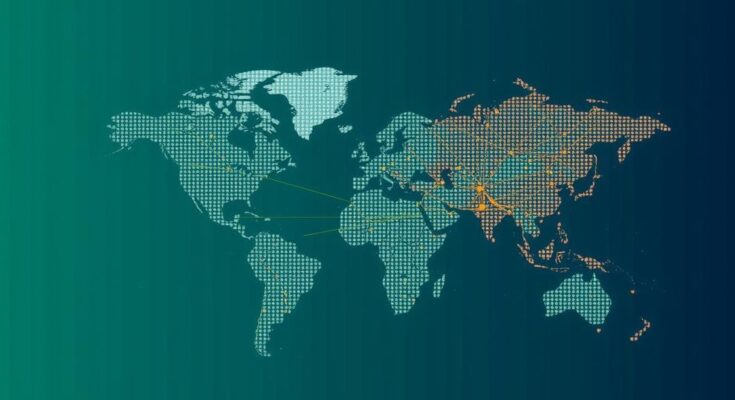The COP29 climate conference revealed dissatisfaction among poorer nations about wealthy countries’ $300 billion climate finance pledge, deemed inadequate for needed support. This dissatisfaction arises amid rising political conservatism in key nations and urgent climate demands. The conference called for clearer commitments and accountability in climate financing while suggesting reforming financial institutions to enhance support for developing countries.
The recent COP29 climate conference in Baku highlighted a significant discontent among poorer nations regarding the affluent countries’ pledge of $300 billion annually for climate finance by 2035, which many perceive as inadequate. This pledge reflects a significant political shift amidst rising conservatism in key Western nations and increasing economic challenges due to factors such as inflation and geopolitical conflicts, particularly the ongoing repercussions of Russia’s invasion of Ukraine.
At COP29, Germany and the European Union retained their roles as climate advocates while promoting a more pragmatic approach towards funding commitments from wealthy historical polluters. European Climate Commissioner Wopke Hoekstra expressed an acknowledgment of the complex geopolitical landscape, stating that it was essential to recognize current challenges. German Foreign Minister Annalena Baerbock emphasized the need for tangible support without overcommitting beyond realistic limits.
Contributors to the ongoing climate crisis assert that financing climate initiatives is a moral obligation for wealthy nations, which have disproportionately contributed to greenhouse gas emissions. With projections for 2023 indicating it may be the warmest year on record, urgent action is imperative in light of catastrophic weather events experienced by vulnerable nations.
Despite the promise of increased funding, activists and experts caution against viewing the $300 billion commitment as sufficient, with estimates suggesting that $1.3 trillion per year is essential to address climate needs comprehensively. Critics indicate that the actual financial contributions may include ambiguous ‘creative accounting’ methods, with calls for enhanced transparency in differentiating between grants and loans.
Notably, the inclusion of international financial institutions in meeting the funding goal raises concerns that this could enable countries like China, the largest greenhouse gas emitter, to sidestep accountability. The World Bank and other multinational banks have pledged to mobilize significant resources toward climate financing, although skepticism remains regarding the adequacy of the pledged amounts.
Additionally, discussions regarding a reform of the global financial system could present a more substantive opportunity for addressing climate-related funding dynamics, with Brazil’s G20 initiative suggesting a shift in perspective on climate finance. The ongoing discourse signals a challenging path ahead in achieving equitable and effective climate finance goals.
Climate finance represents the financial flows from developed to developing countries aimed at supporting climate change mitigation and adaptation efforts. The backdrop of COP29 reflects a deepening discontent among poorer nations struggling against environmental crises exacerbated by historical emissions patterns of wealthier nations. The discussions at COP29 coincided with a broader political shift in major economies, raising critical questions about commitments to climate action amid growing conservative sentiments and global financial pressures related to geopolitical conflicts. The call for greater accountability and clarity in funding commitments points to an urgent need for comprehensive international cooperation.
In summary, COP29 showcased the complexities and tensions surrounding climate finance commitments, particularly from developed nations. The $300 billion annual pledge, while a step forward, is viewed as insufficient against the backdrop of an urgent climate crisis. Activists and experts continue to advocate for clearer definitions of financial contributions and strategic reforms in financial institutions to ensure meaningful support for vulnerable nations. The deliberations reflect a critical juncture in addressing both the immediate and long-term challenges of climate change funding.
Original Source: www.france24.com




